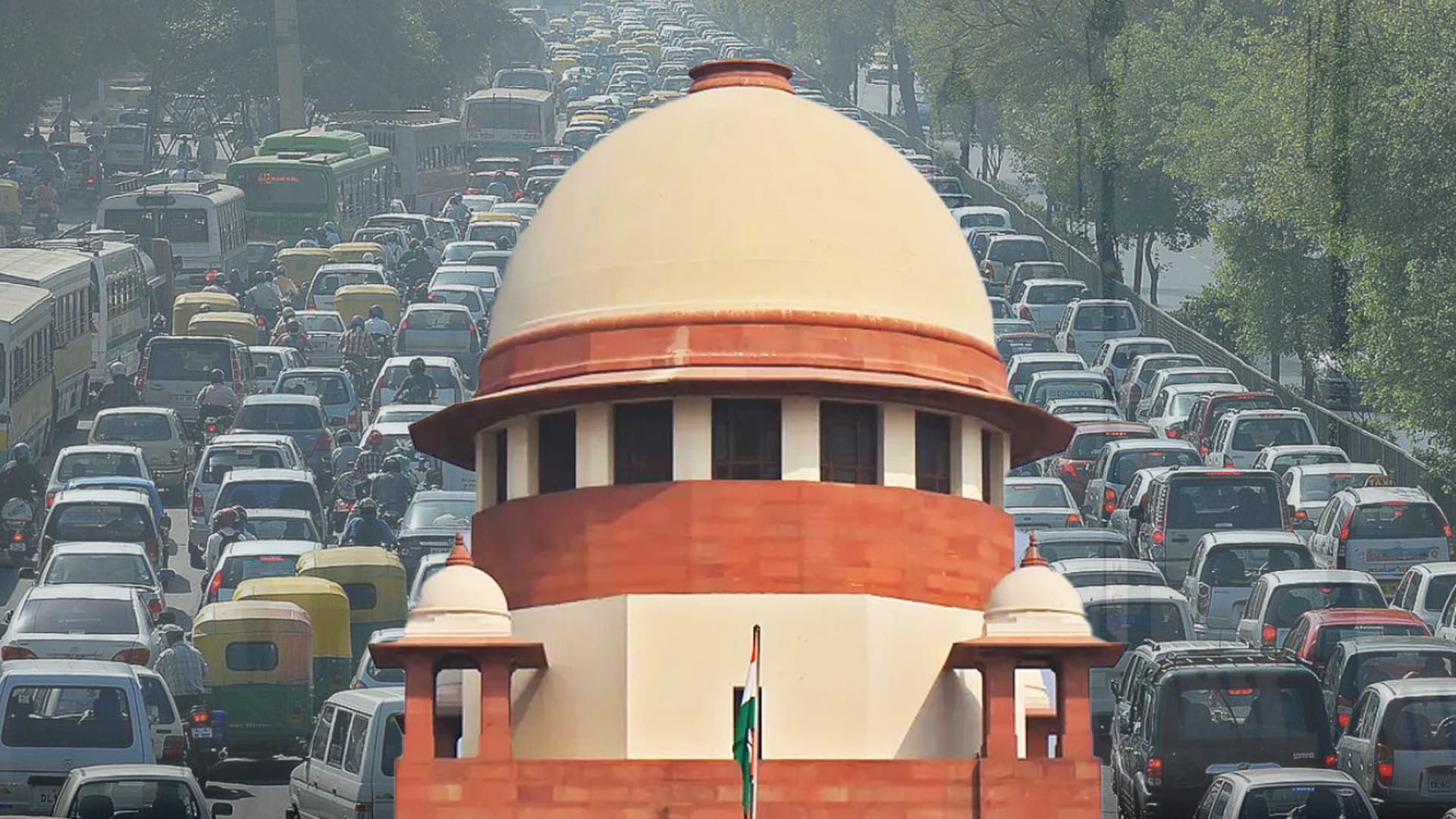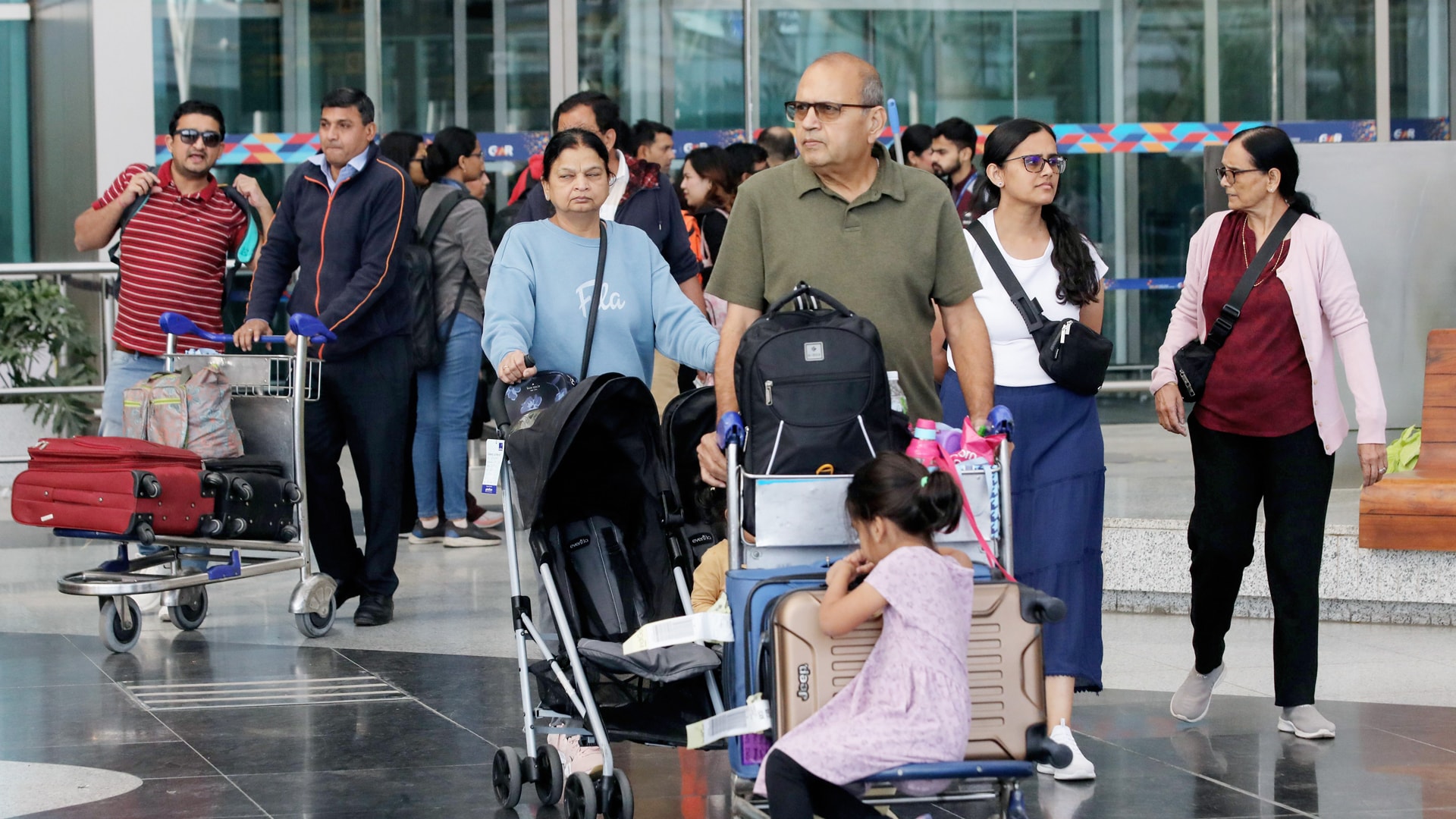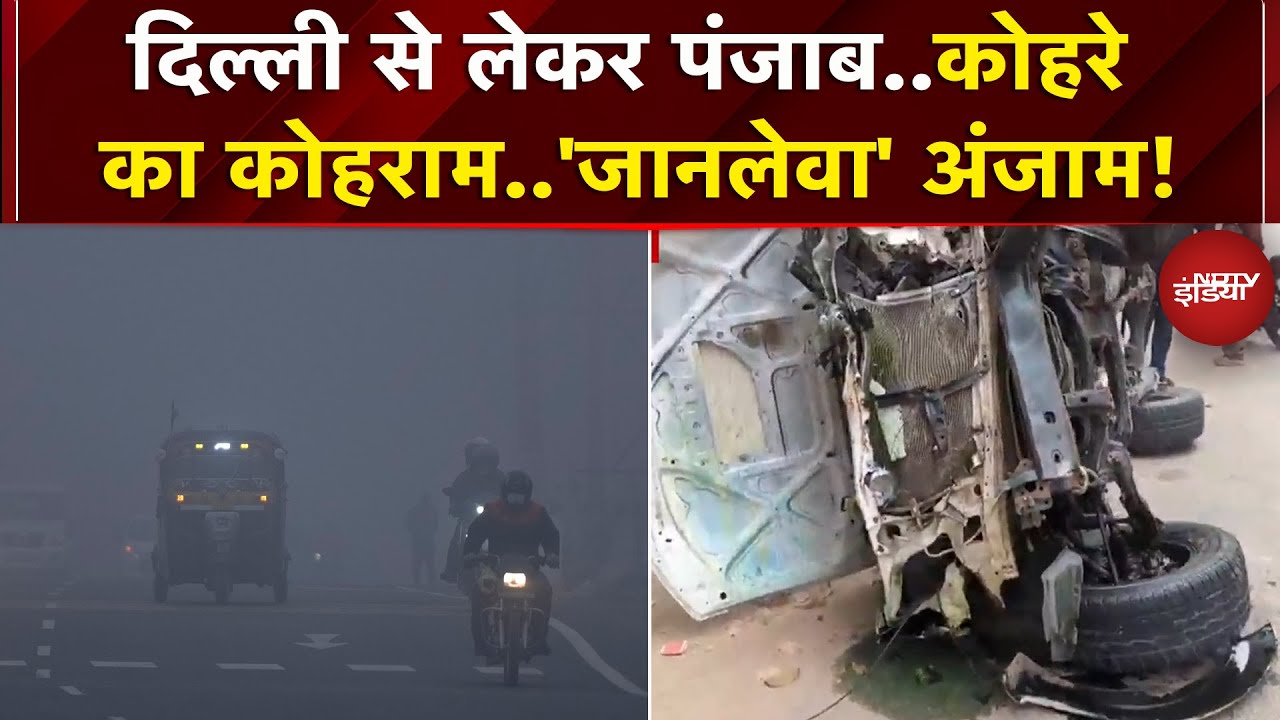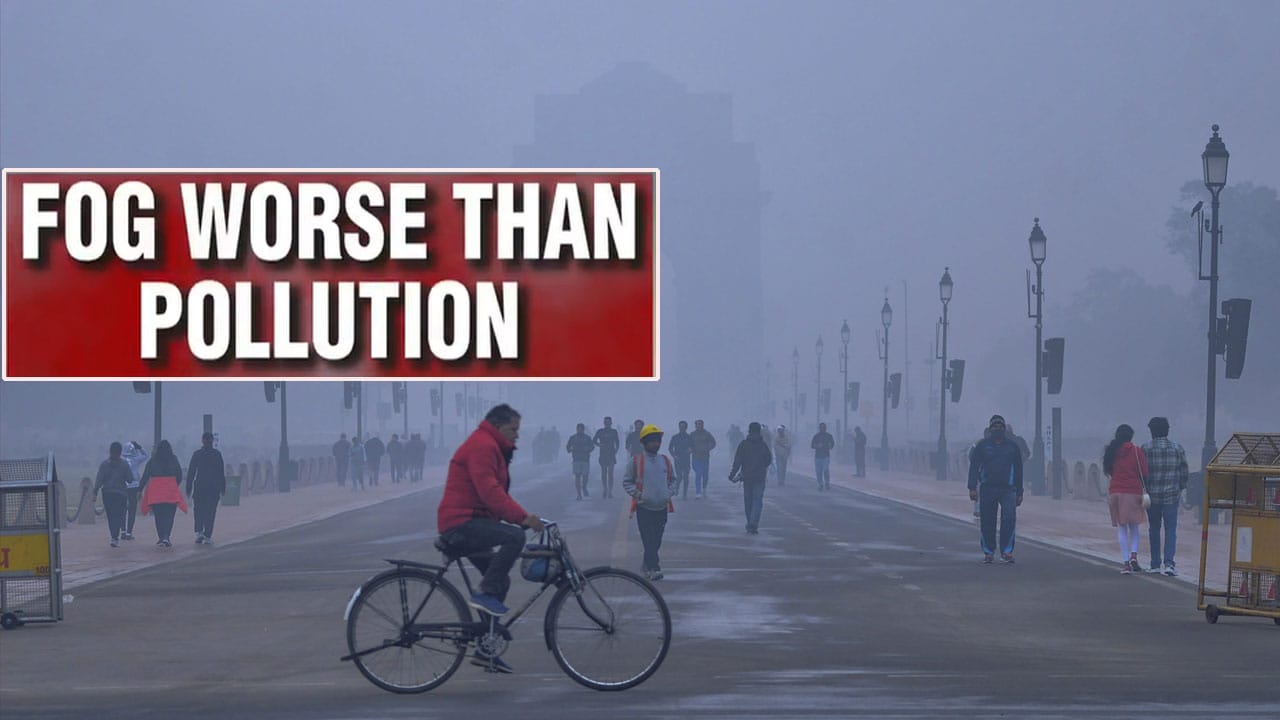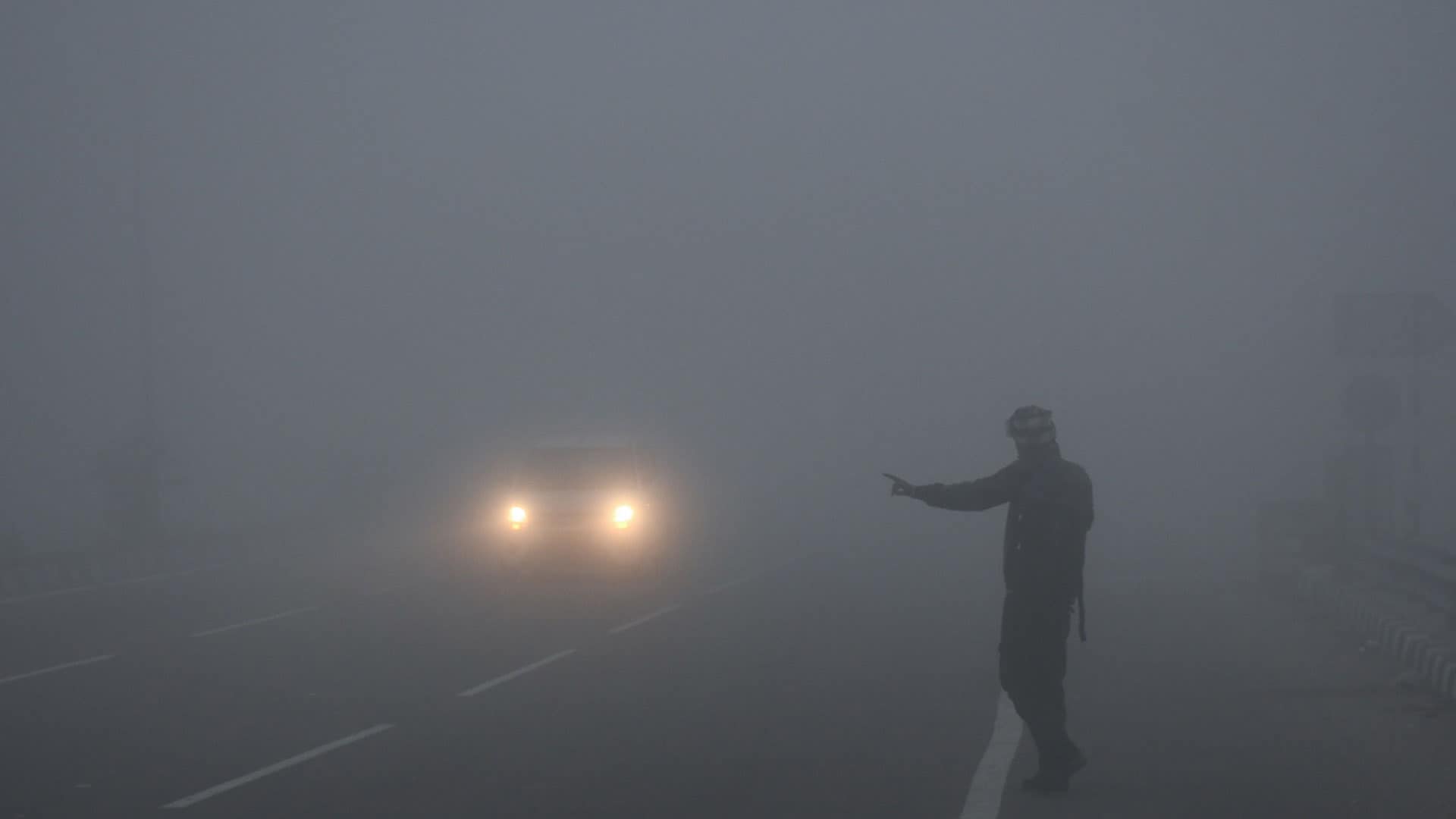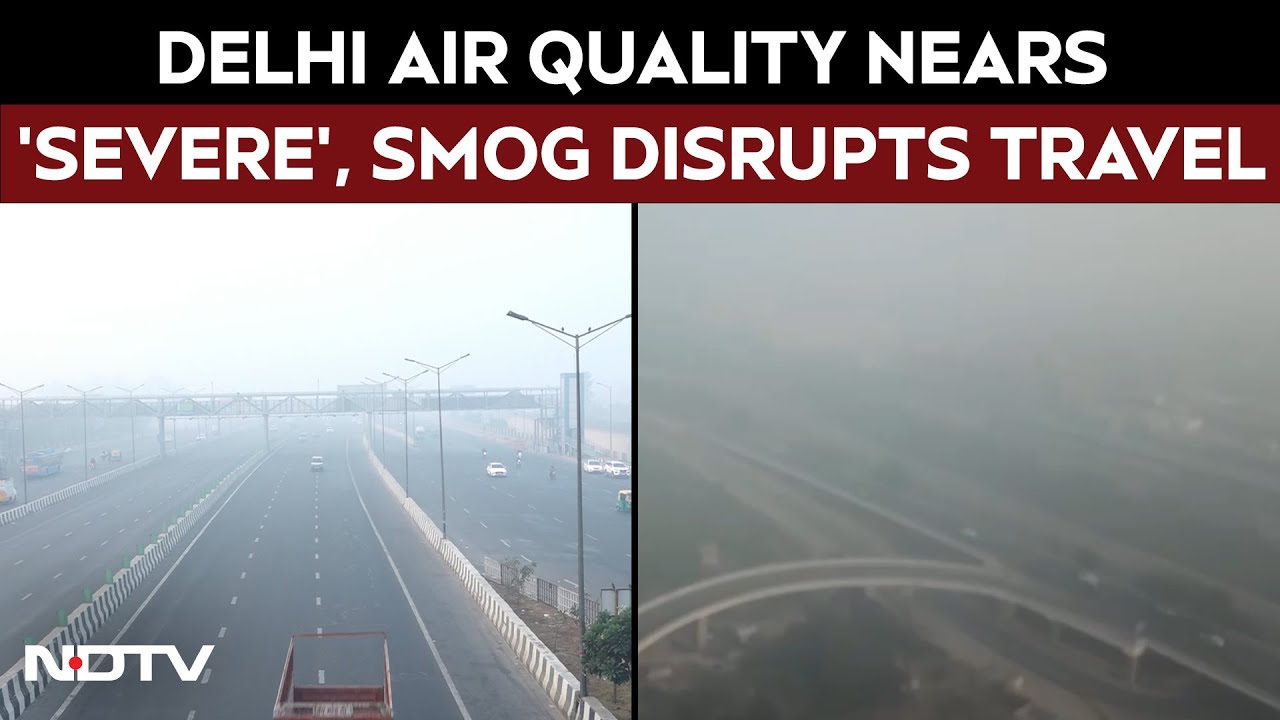- Home/
- Delhi's Air Quality Turns 'Very Poor' As People Burst Crackers Despite Ban
Delhi's Air Quality Turns 'Very Poor' As People Burst Crackers Despite Ban

A large number of high-decibel firecrackers thundered throughout Diwali night on Monday as people in Delhi flouted the ban imposed on these by the city government.
Delhi Environment Minister Gopal Rai last week said bursting firecrackers in the national capital on Diwali will attract a jail term of up to six months and a fine of Rs 200.
Despite the legal deterrent in place, people in many parts of the city, including in south and northwest Delhi, started bursting crackers by dusk. High-intensity firecrackers could be heard going off on the ground or mid-air.
And, as the night progressed the intensity of firecrackers increased breaching permissible decibel limits, prompting some to wonder "if there was any ban at all".
Bursting of firecrackers on Diwali is an age-old tradition, but authorities in Delhi said the decision to restrict it was taken after considering environmental concerns and health hazards associated with it.
Delhi's air quality turned "very poor" on Monday amid an increase in stubble burning, bursting of firecrackers and moderately unfavourable meteorological conditions which allowed the accumulation of pollutants.
However, the 24-hour average air quality index (AQI) of 312 was still the second-best for Diwali in seven years. The city recorded an AQI of 281 on Diwali in 2018.
Earlier in the day, experts feared that if the volume of firecrackers burst goes up again this year, the air quality is likely to dip further.
In case firecrackers are burst like last year, the air quality may plunge to "severe" levels on the night of Diwali itself and continue to remain in the "red" zone for another day, the System of Air Quality and Weather Forecasting and Research (SAFAR) had earlier predicted.
Notwithstanding the ban, people burst firecrackers with impunity in various areas, starting around 6 pm.
In south Delhi's East of Kailash, and neighbouring places like Nehru Place and Moolchand, firecrackers going off mid-air could be heard in the evening. Some residents burst crackers in their neighbourhood like every year.
In Burari too, many residents burst firecrackers despite widespread dissemination of information about the ban.
"They are educated but still doing this, what will children learn from it," said a resident of a colony in Burari.
In Laxmi Nagar, Mayur Vihar and Shahdara in east Delhi, the situation was similar. While the intensity in the late evening was lower compared to last year, it rose after 9 pm.
"It was as if the slog overs have started," a Laxmi Nagar resident said.
Loud thuds of crackers were also reported in southwest Delhi's Munirka area.
Bipasha Ghosh, 19, who came to south Delhi's Kailash Hills area from Kolkata, a few days ago, said, "In my area, it went on past 11 pm. I wonder if there is a ban on bursting firecrackers in Delhi. Also, those doing it are irresponsible and insensitive to the environment and to people who have respiratory problems and other health issues".
Many people complained of itchy skin and a burning sensation in their eyes due to smoke from bursting firecrackers.
"I will not step out tomorrow, I know what the air quality will be tomorrow," said Reetu Nandan, a student, who lives in south Delhi. Delhi Environment Minister Rai had earlier said production, storage and sale of firecrackers in the city will be punishable with a fine of up to Rs 5,000 and three years in jail under Section 9B of the Explosives Act.
A total of 408 teams had been set up to implement the ban.
The Delhi Police set up 210 teams under assistant commissioners of police, while the revenue department set up 165 teams and the Delhi Pollution Control Committee 33 teams.
In neighbouring cities of Gurugram and Faridabad too, many people burst firecrackers.
The air quality in Ghaziabad (301), Noida (303), Greater Noida (270), Gurugram (325) and Faridabad (256) was reported in the 'poor to very poor' category on Monday.
An AQI between zero and 50 is considered "good", 51 and 100 "satisfactory", 101 and 200 "moderate", 201 and 300 "poor", 301 and 400 "very poor", and 401 and 500 "severe".
(Except for the headline, this story has not been edited by NDTV staff and is published from a syndicated feed.)
also read
Latest Stories
- Edited by Astitva Raj | Monday January 12, 2026
In the video, Evans, known as "Aussie Bhai" on Instagram, was seen removing the filter from his air purifier.
- Press Trust of India | Friday January 09, 2026 , New Delhi
The PM2.5 assessment for 2025 ranks Byrnihat (Assam), Delhi, and Ghaziabad (Uttar Pradesh) as India's top three most polluted cities with annual concentrations of 100 g/m, 96 g/m, and 93 g/m, respectively.
- Written by Shreya Goswami | Wednesday January 07, 2026
A study by Jawaharlal Nehru University finds that Delhi's polluted winter air carries high levels of antibiotic-resistant bacteria or superbugs far above safe limits, posing public health risks, especially for vulnerable groups and those with chronic
- Reported by Nupur Dogra | Tuesday January 06, 2026 , New Delhi
The Commission for Air Quality Management or CAQM, was strongly reprimanded by the Supreme Court today, which said the pollution body was not taking the issues raised by the court seriously.
- Written by Shreya Goswami | Tuesday January 06, 2026
Bronchial asthma often worsens in winter due to cold air, pollution and infections.
................................ Advertisement ................................
Latest Videos
Opinion
Blog | Well Done, Delhi. You've Turned Lung Sacrifice Into A Badge Of HonourSaikat Kumar Bose
Monday November 10, 2025Till some years back, Delhiites would ask angry questions to those in power about the capitals annual tryst with toxic air. This has changed. Those in the driving seat dont see the need to answer now.
Opinion | Why Indians Have Just Given Up On Air Pollution CrisisTanushree Ganguly
Friday December 20, 2024While some may argue that people in Delhi are now more aware of air pollution than they were a decade back, my rebuttal would be that awareness does not mean that people are concerned.
Opinion | You Must Outrage Over Filthy Air More Than Once A YearJyoti Pande Lavakare
Tuesday December 10, 2024Delhi welcomed us with monsoon rains and mangos. We were home. Fast forward a couple of years, in the winter of 2012, I found myself in denial about something other parents, mostly expats, were calling toxic air.
Opinion | Delhi's Air Pollution Situation Is Like A Bad MarriageNishtha Gautam
Friday November 22, 2024On a good day, such as today, the AQI reading in Delhi is 407. We are jubilant at the sickly sunshine trickling through the slightly dissipated smog. At least its not 1600.
दिवाली... पराली... सियासी जुगाली!Ashwini kumar
Monday November 18, 2024दिल्ली-एनसीआर में प्रदूषण का समाधान तो आज तक मिला नहीं. हर साल चिंतित होकर हम-आप सांसों की तकलीफ के साथ-साथ दिल और ब्लड प्रेशर के मरीज भी क्यों बनें?








